Does Hair Grow Faster During Pregnancy?
Understand the factors that may help you get gorgeous hair during those special months.
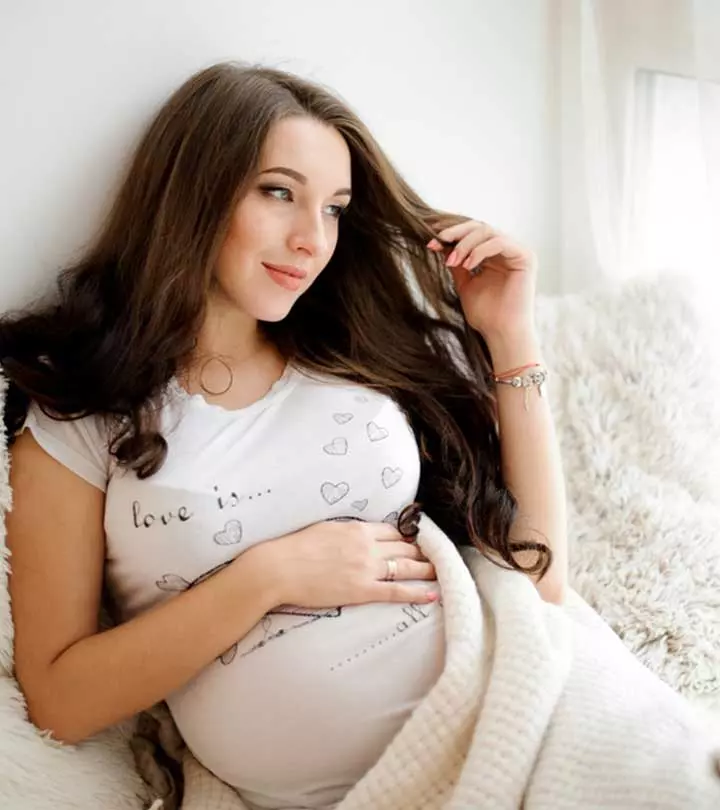
Image: Shutterstock
Pregnancy is when a woman’s body undergoes many different changes. It also affects the hair. But does hair grow faster during pregnancy? Anecdotally it is said yes. Many observe their hair getting thicker and strong during pregnancy. But how can pregnancy impact hair growth? Read this article to learn the answer and know more about various factors impacting hair growth during pregnancy. Scroll down.
In This Article
How Does Hair Change During Pregnancy?
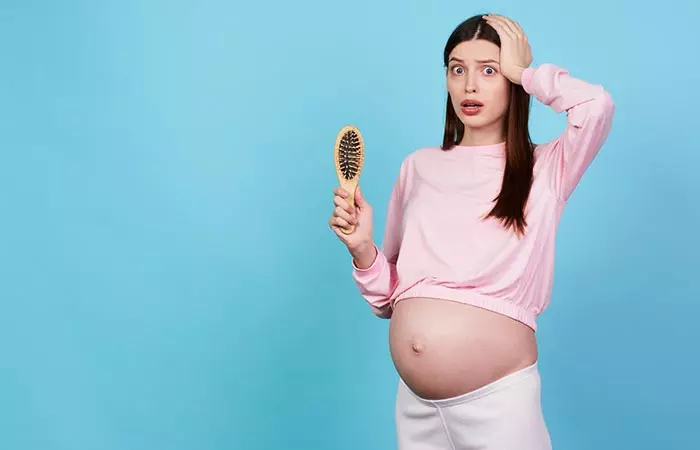
Your body experiences dramatic hormonal changes during pregnancy. The first hormone that increases in your body in this period is human chorionic gonadotropini A placental hormone that helps maintain a pregnancy by stimulating the corpus luteum (normal cyst) to produce progesterone. (also known as hCG) (1). This is the hormone standard pregnancy test measures to determine pregnancy. Other hormones like estrogen, oxytocini A hormone produced by the hypothalamus that manages the key aspects of the male and female reproductive systems. , and prolactini A pituitary hormone that has the main function of developing the mammary glands in breast tissues and milk production in females. also increase in this period (1). These hormonal imbalances could have an effect on your hair.
There also is an increase in blood circulation during pregnancy, and this may accelerate hair growth. We will further understand this phenomenon in the following section.
Hair Becoming Thicker During Pregnancy
Our hair has a natural growth cycle. Individual hairs grow on the scalp over 2 to 3 months and are pushed out by new hair strands afterward. However, this cycle changes during pregnancy (2).
You might experience your hair growing thicker around 15 weeks into pregnancy. However, in reality, individual hairs do not grow thicker. They instead stay longer in the growing phase of the hair cycle, leading to a thicker appearance. This change happens due to an increase in the estrogen hormone.
But it is important to note that not all women experience thicker hair during pregnancy.
 Quick Tip
Quick TipHair Becoming Thinner During Pregnancy
Some women may experience increased hair fall during pregnancy due to decreased estrogen hormone. It is believed that a decrease in estrogen could be caused by hormonal imbalances during pregnancy or the discontinuation of contraceptives, which can also lead to hormonal hair loss. However, more research is warranted in this regard.
Why Does Your Hair Fall Out After Having A Baby?
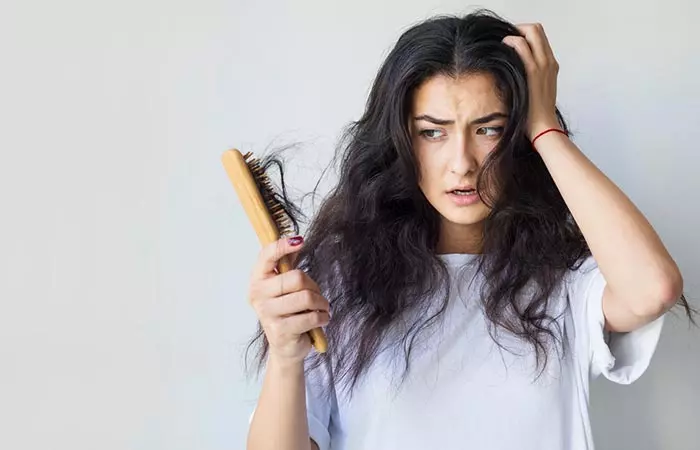
Pregnant women will also experience an increased hair loss after delivery. This happens when their estrogen levels normalize, sending the additional hair from the growth phase to the resting phase. This is when more hair falls out than usual, until around 3 to 4 months after the child is born.
Monica Caron candidly shared her post-pregnancy hair loss experience. She initially dismissed it until clumps of hair fell out. She noted in her blog, “One day while showering I ran my fingers through my hair, and about a handful of hair came out. I hadn’t washed my hair in a week… It got bad. REALLY BAD (i).” Monica embraced the experience, encouraging open conversations about post-pregnancy changes, asserting, “It’s time we start talking about what really happens after you have a baby.”
 Did You Know?
Did You Know?While you may observe your hair falling in clumps, you do not have to panic. This is just normal hair loss that happens all at a time. Post-childbirth hair loss can happen any time after delivery. It usually may last for a year before subsiding naturally. However, consult your doctor if you experience hair loss even after a year since childbirth.
Is there anything you can do to prevent hair loss during your pregnancy? Yes, there is.
How To Prevent Hair Loss During Pregnancy?
Consider the following tips to possibly prevent hair loss during pregnancy:
- Consume a balanced diet rich in vitamins, minerals, and protein to support hair health.
- Avoid tight hairstyles that tend to tug on the hair and scalp.
- Use gentle hair care products and avoid harsh chemicals that can damage the hair and scalp.
- Manage stress through relaxation techniques, exercise, or meditation.
- Consult with a healthcare provider to promptly address any underlying health issues.
- Incorporate scalp massages to improve blood circulation and promote hair growth.
- Consider taking prenatal vitamins recommended by your doctor, as they contain essential nutrients that support hair health.
- Avoid excess heat styling and harsh treatments as they can weaken the hair shaft.
Infographic: Potential Hair Changes During Pregnancy
Your body undergoes many changes throughout pregnancy. Hormonal fluctuations may cause some people’s hair to look more different than usual, and these changes could be favorable or unpleasant. Hence, it is important to keep yourself informed on any potential changes you might expect while expecting. Check out the following infographic to learn more about the possible effects of pregnancy on your hair.

Illustration: StyleCraze Design Team
Several changes happen to your body during pregnancy. For some, hair grows faster during pregnancy, while some may experience hair thinning. The hormonal imbalances during pregnancy show different changes in different people. However, it is normal to experience hair fall, and most of the hair will grow back with time. You may also experience hair loss after childbirth, and there is nothing to be worried about, as these are common during pregnancy. But, if the hair loss persists even a year after childbirth, you may consult a doctor and seek proper hair care treatment.
Frequently Asked Questions
Is hair growth common in pregnancy?
Yes. Hair growth is common in pregnancy, but so is hair loss. During pregnancy, the human body experiences various levels of hormonal imbalances, which can have an effect on the hair. However, not everyone undergoes the same kind of hormonal changes. An increase in estrogen levels leads to thick hair growth, while a decrease in estrogen levels leads to hair fall.
Do hair and nails grow faster during pregnancy?
Yes. Hair and nails could grow faster and stronger due to hormonal fluctuations during pregnancy.
Can stress affect hair growth during pregnancy?
Yes, studies suggest that stress leads to the release of the hormone cortisol, which may cause hormonal imbalances that may affect hair growth (3). However, there are limited studies in this regard.
Can prenatal vitamins promote hair growth during pregnancy?
Yes, while prenatal vitamins support the overall development of the baby and the health of the mother, studies suggest that biotin may also promote hair growth during pregnancy (4). Further studies are warranted to understand how far prenatal vitamins help with hair growth.
Key Takeaways
- Your body experiences drastic hormonal changes and increased blood flow that aid hair growth during pregnancy.
- Estrogen levels shoot up in the first 15 weeks, giving hair a fuller look by altering its growth cycle.
- Estrogen levels plummet after delivery leading to heavy postpartum hair loss, which stops after a few months or a year.
- If hair loss continues after a year, you may need to consult a doctor.
Illustration: Does Hair Grow Faster During Pregnancy?
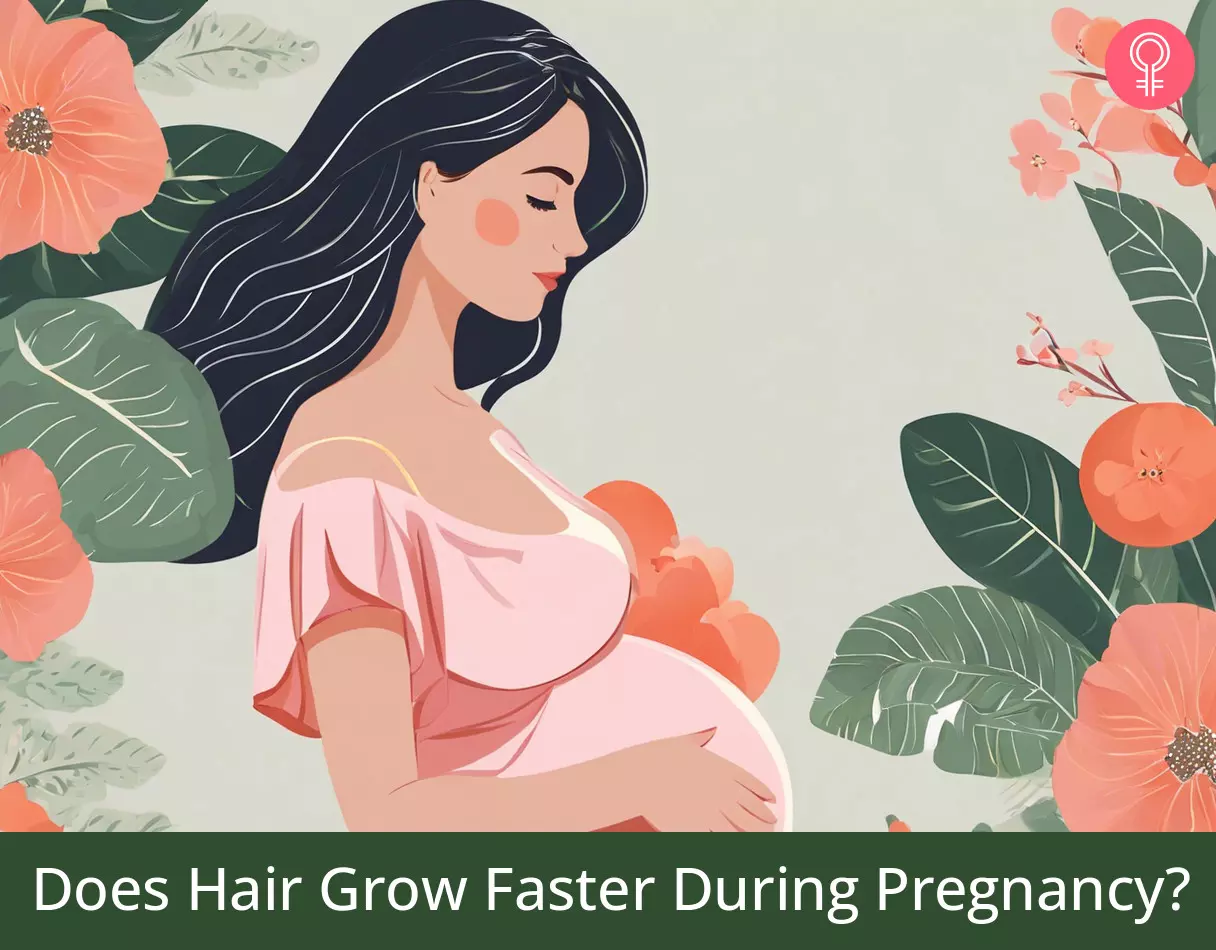
Image: Stable Diffusion/StyleCraze Design Team
If you are pregnant, watch this video. Discover the best tips and advice to keep your hair healthy and beautiful while preparing to embrace motherhood.
Personal Experience: Source
StyleCraze's articles are interwoven with authentic personal narratives that provide depth and resonance to our content. Below are the sources of the personal accounts referenced in this article.
i. My Experience With Hair Loss After Pregnancy (Photo Included)https://simplyintheflavor.wordpress.com/2015/06/05/my-experience-with-hair-loss-after-pregnancy-photo-included/
References
Articles on StyleCraze are backed by verified information from peer-reviewed and academic research papers, reputed organizations, research institutions, and medical associations to ensure accuracy and relevance. Read our editorial policy to learn more.
- Hormones in pregnancy
https://www.ncbi.nlm.nih.gov/pmc/articles/PMC3640235/ - EFFECT OF PREGNANCY ON THE HUMAN HAIR CYCLE*
https://core.ac.uk/download/pdf/82326339.pdf - PREVALENCE OF HAIR LOSS AND STRESS AS THE CAUSE; A CROSS-SECTIONAL STUDY.
https://www.researchgate.net/publication/305903506_PREVALENCE_OF_HAIR_LOSS_AND_STRESS_AS_THE_CAUSE_A_CROSS-SECTIONAL_STUDY - The Role of Vitamins and Minerals in Hair Loss: A Review
https://www.ncbi.nlm.nih.gov/pmc/articles/PMC6380979/ - Hormones in pregnancy
https://www.ncbi.nlm.nih.gov/pmc/articles/PMC3640235/ - EFFECT OF PREGNANCY ON THE HUMAN HAIR CYCLE*
https://core.ac.uk/download/pdf/82326339.pdf - PREVALENCE OF HAIR LOSS AND STRESS AS THE CAUSE; A CROSS-SECTIONAL STUDY.
https://www.researchgate.net/publication/305903506_PREVALENCE_OF_HAIR_LOSS_AND_STRESS_AS_THE_CAUSE_A_CROSS-SECTIONAL_STUDY - The Role of Vitamins and Minerals in Hair Loss: A Review
https://www.ncbi.nlm.nih.gov/pmc/articles/PMC6380979/
Read full bio of Dr. Shruti Chavan
Read full bio of Ramona Sinha
Read full bio of Swathi E





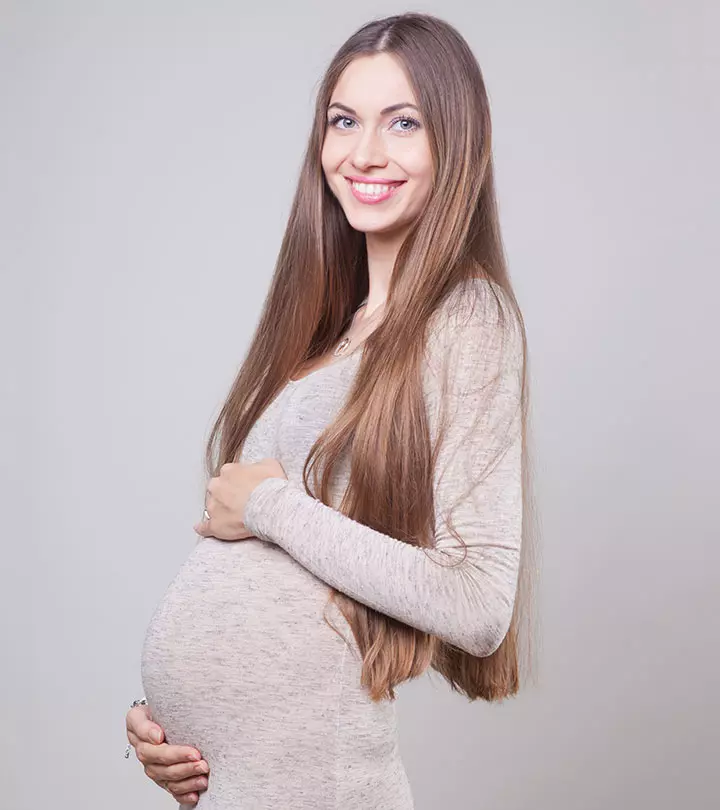

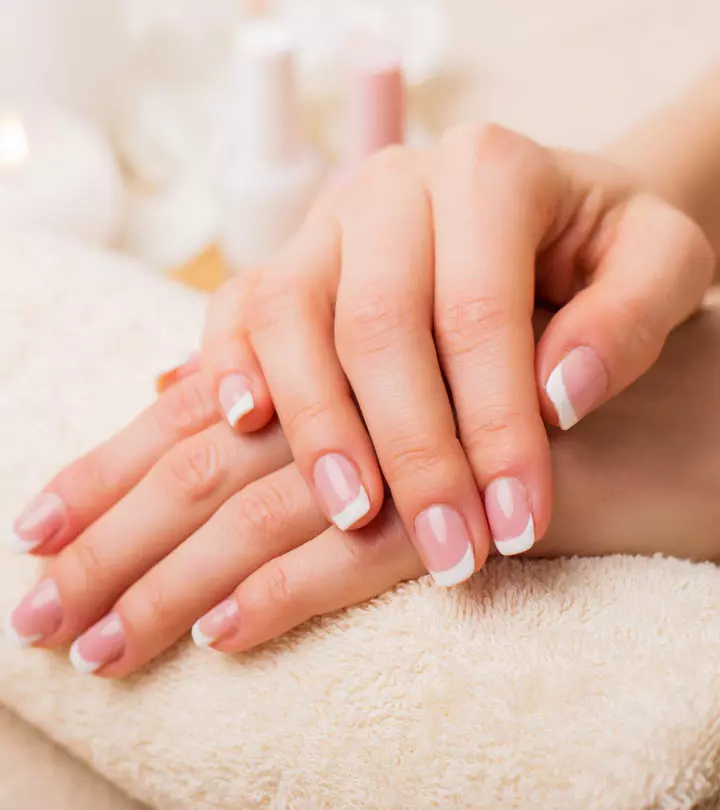
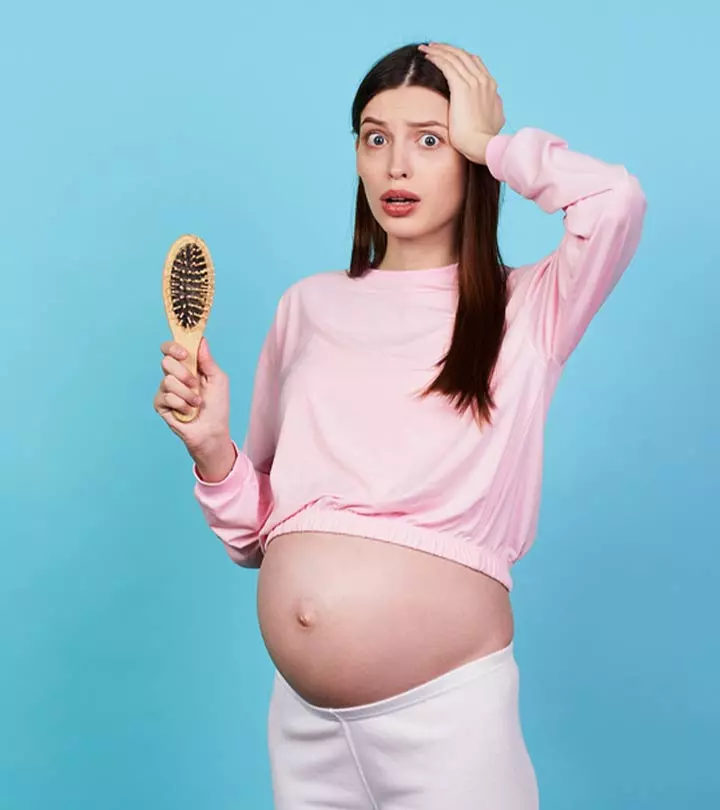
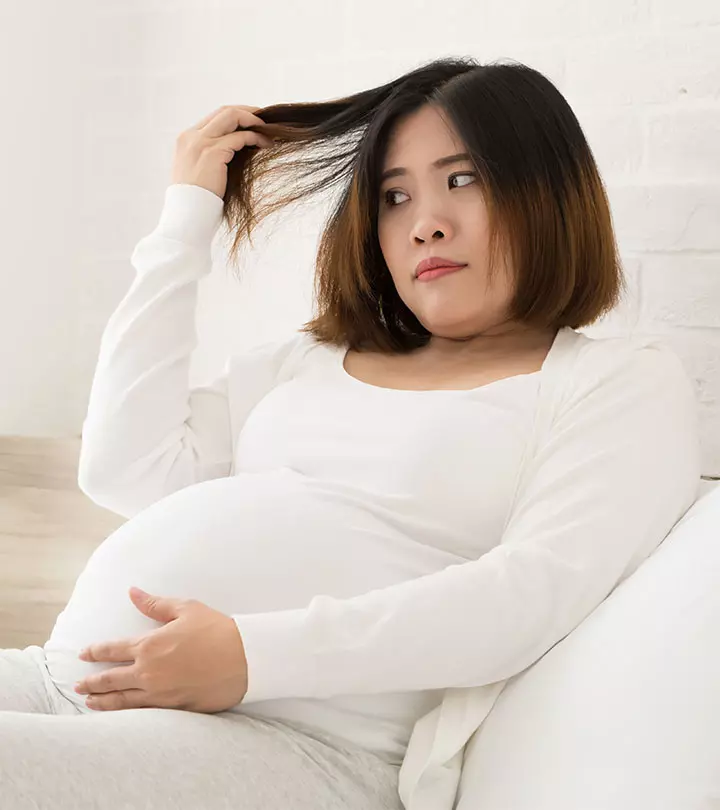
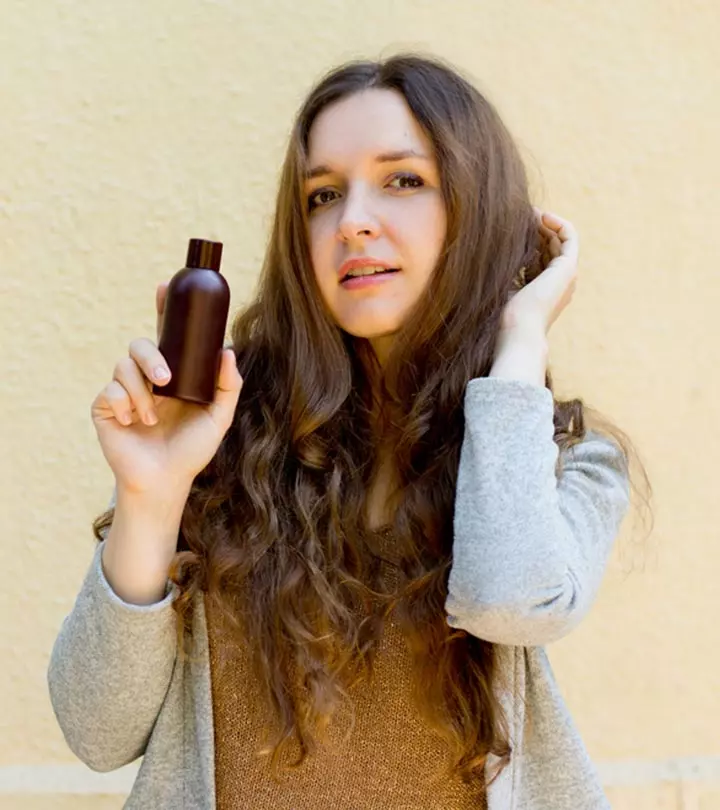
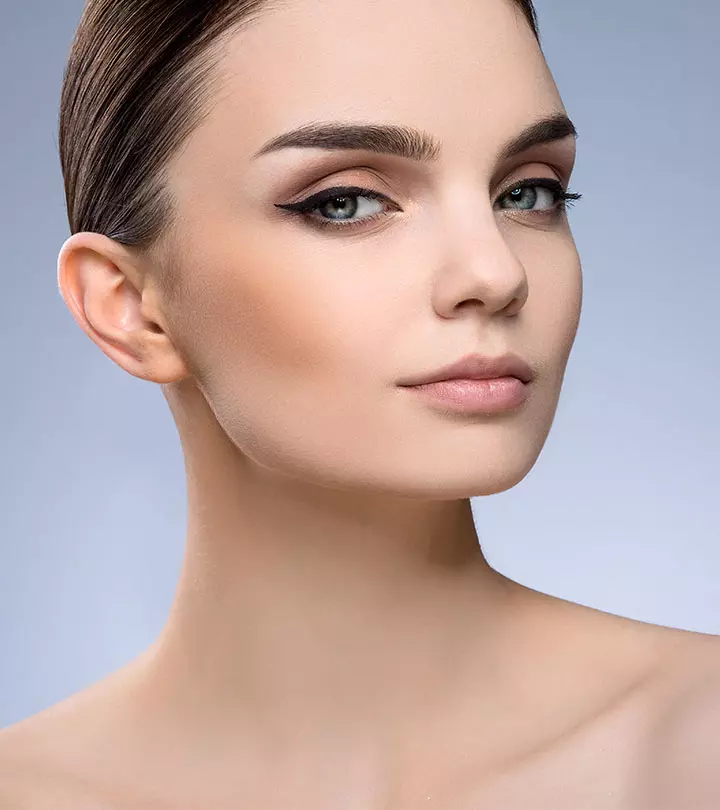

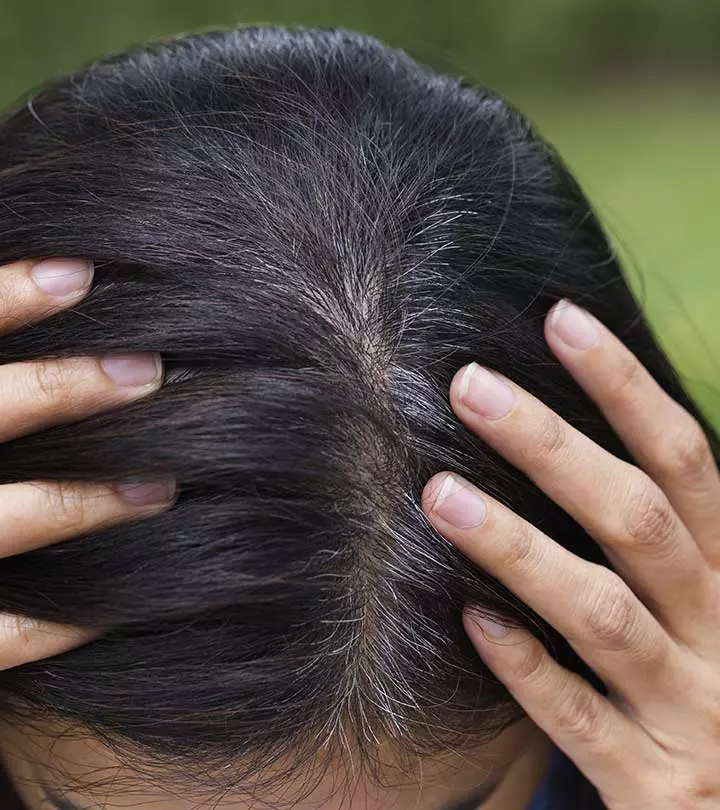



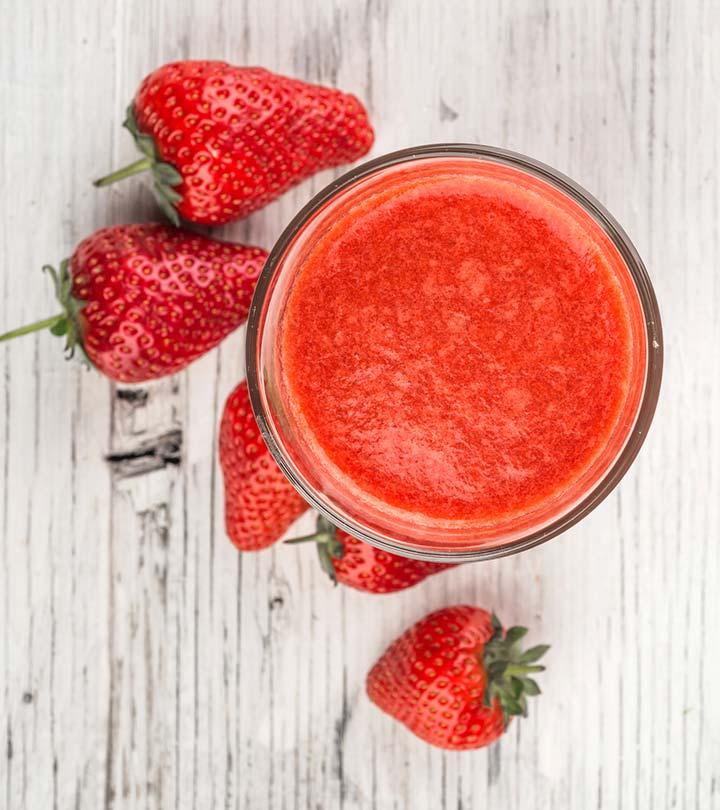

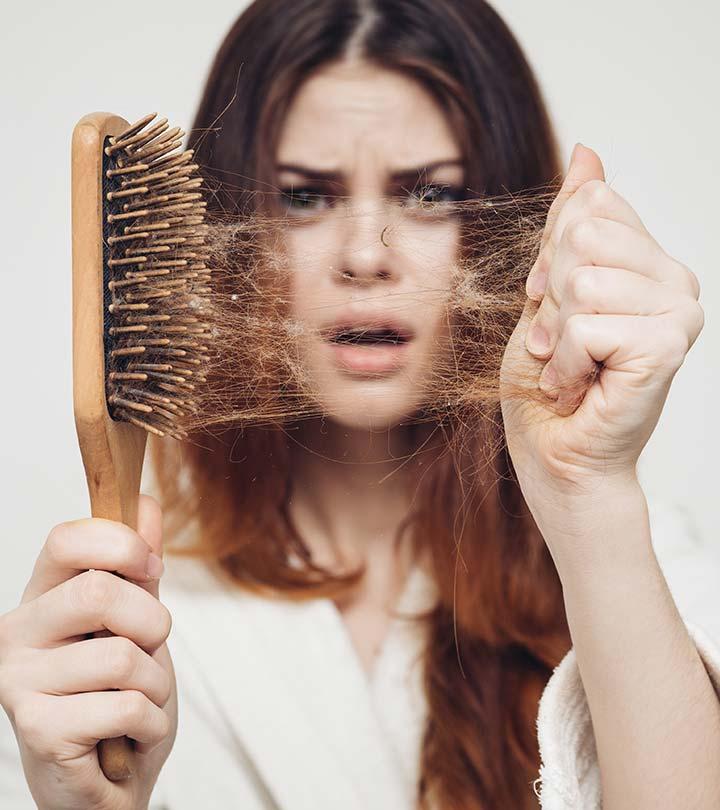


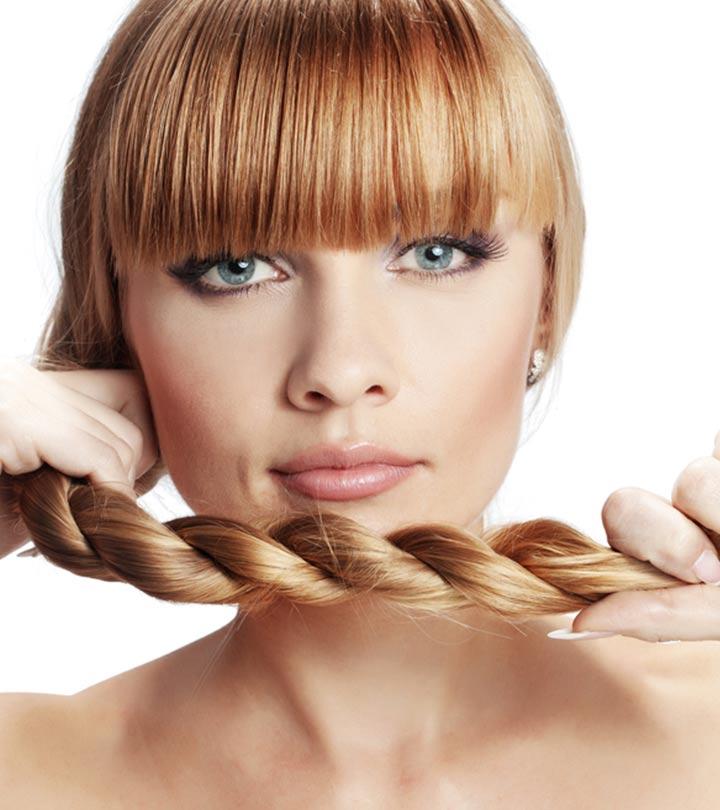
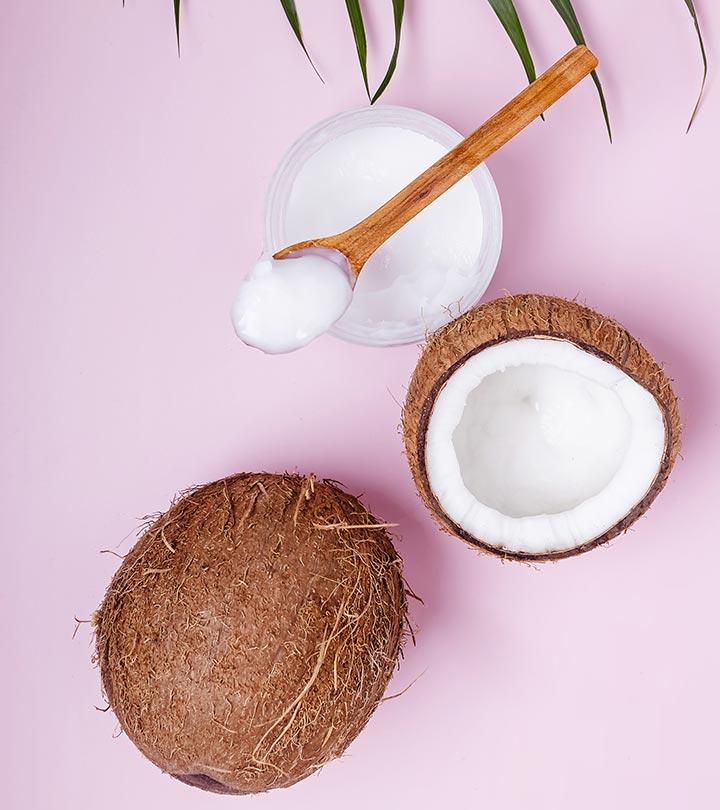


Community Experiences
Join the conversation and become a part of our empowering community! Share your stories, experiences, and insights to connect with other beauty, lifestyle, and health enthusiasts.